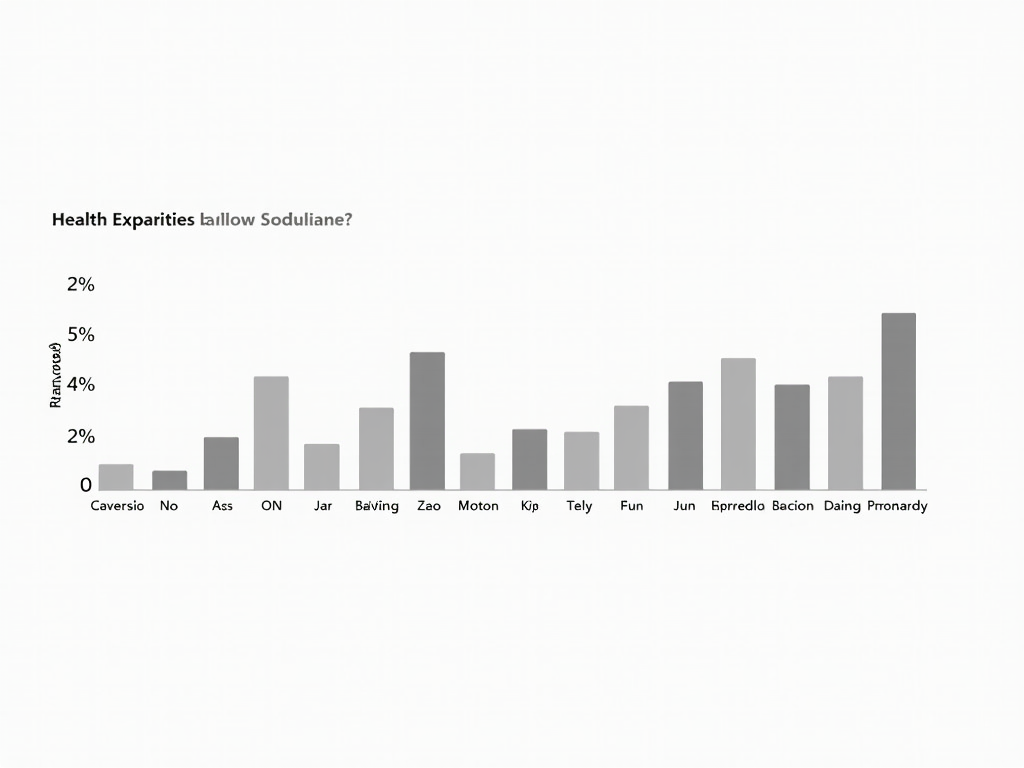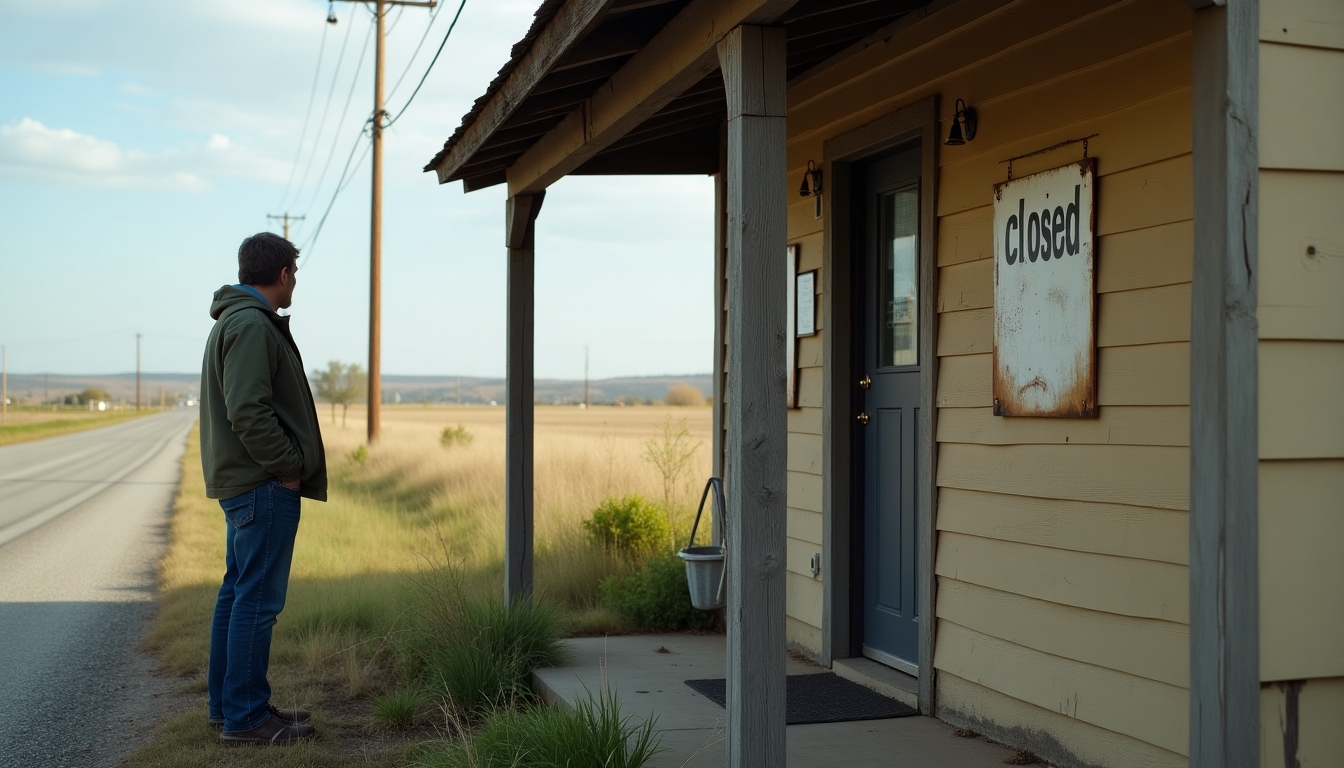Overview
Health equity is about giving everyone a fair chance to be as healthy as possible. It means tackling barriers like poverty and discrimination so all people can thrive. In this guide, we’ll dive into what health equity is, why it’s vital, and how we can make it happen.

What is Health Equity?
Health equity means everyone gets the opportunity to be as healthy as they can be, no matter who they are or where they come from. It’s not the same as health equality, which gives everyone the same resources. Health equity gives people what they need to reach the same level of health.
For example, a person with limited mobility might need extra help getting to a doctor, while someone else might not. It’s about fairness. The World Health Organization calls health inequities ‘avoidable and unfair differences’ in health between groups. That’s what we’re working to fix.

Why is Health Equity Important?
When everyone has a chance at good health, we all win. It cuts healthcare costs, boosts productivity, and builds a fairer world. Imagine a community where no one falls behind because of where they live or how much they earn—that’s the goal.
Health gaps hurt us economically too. A study found that fixing health disparities for minorities in the U.S. could have saved over $229 billion in medical costs from 2003 to 2006. Plus, it’s personal. I’ve seen friends skip doctor visits because they couldn’t afford it, and it hit me how unfair that is.

Barriers to Health Equity
So, what’s standing in the way? Several big hurdles keep health equity out of reach for many. Here’s a quick list:
- Economic Barriers: No insurance or high costs stop people from getting care.
- Geographic Barriers: Rural areas often lack nearby clinics or hospitals.
- Cultural Barriers: Language differences or mistrust in doctors can block access.
- Systemic Issues: Bias in healthcare can lead to unequal treatment.
These aren’t just ideas—they’re real. A neighbor once told me she drove two hours for a check-up because her local clinic closed. That’s not right.

Overcoming Economic Barriers in Healthcare Access
Money shouldn’t decide who gets care, but it often does. In 2019, the CDC reported 26.1 million Americans had no health insurance. That’s millions delaying doctor visits or skipping meds because they can’t pay.
We can change this. Expanding programs like Medicaid helps. So does lowering out-of-pocket costs or funding community health centers. Picture a single dad who can finally take his kid to the doctor without breaking the bank—that’s what we’re aiming for. I’ve volunteered at free clinics and seen how relief washes over people when care is affordable.

Access to Care for Chronic Disease Management
People with conditions like diabetes or asthma need regular care to stay healthy. But access to care for chronic disease management isn’t equal. Some can’t get to a doctor or afford their meds, making their health worse over time.
Solutions exist. Telehealth lets patients talk to doctors online. Mobile clinics bring care to hard-to-reach spots. Education helps people manage their conditions better. A friend with diabetes once said a telehealth visit saved her a day off work—it’s small changes like that that add up.

How to Promote Health Equity
Making health equity real takes effort from all of us. Here’s how we can help:
- At Home: Learn about health equity, volunteer, or push for fair policies.
- In Communities: Support local health programs or share resources.
- In Policy: Back laws for better housing, education, and healthcare access.
Take Rhode Island’s Health Equity Zones—they bring people together to tackle local health gaps, and it works. I’ve joined community clean-ups and seen how small actions spark bigger change. What can you do where you live?

Summary
Health equity is about fairness—giving everyone a shot at good health. We’ve covered what it is, why it’s a game-changer, and the barriers holding it back. From overcoming economic barriers in healthcare access to improving access to care for chronic disease management, every step counts. Together, we can build a healthier, more equal world.
Discuss Here